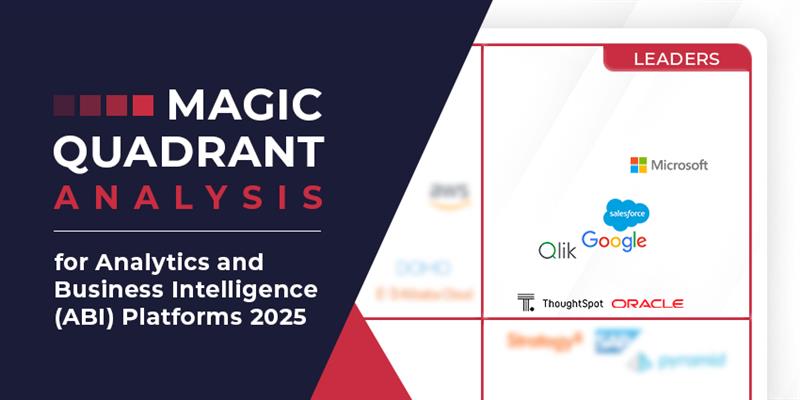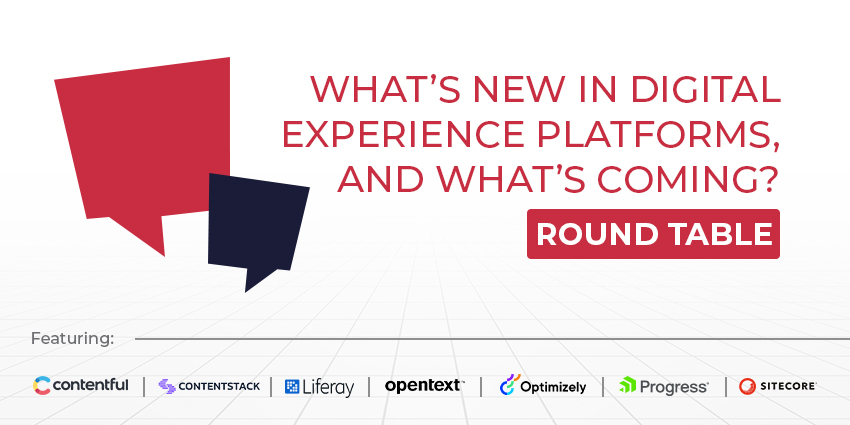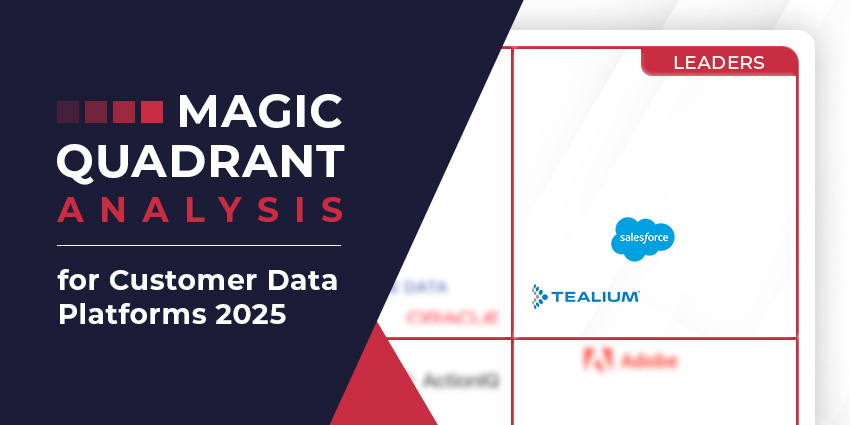An aging population with a raft of long-term health conditions is creating ever-increasing demand for the developed world’s healthcare services, including outstripping the ability of England’s NHS to keep pace. In fact, the NHS waiting list for treatment is now bigger than the entire population of Denmark.
What’s more, NHS staffing shortages – fuelled by a combination of Brexit and the pandemic fallout – are putting even more pressure on the worn-out workforce of Europe’s largest organisation.
Yet, today’s challenges don’t stop there. Gartner estimates that 63 percent of healthcare providers have endured disruption due to:
- Internal organisational changes
- Cost pressures
- Regulation and compliance
- Funding shortages
- Shifting consumer demand
Despite all of the obstacles, hope lies on the horizon. Indeed, Gartner suggests that healthcare providers can ‘accelerate transformation by embracing a digital-first strategy’, to tackle some of their most pressing issues.
Forrester echoes this sentiment, opining that “future healthcare success is rooted in exceptional CX.”
Seemingly, the NHS agrees. The organisation has reorganised its delivery in England into 42 Integrated Care Systems (ICSs), which will deliver primary, community, mental and hospital services regionally by blocks of around 1 million people, with the goal of strengthening patient experiences and connecting service delivery from end to end.
Integrated Care Systems
Disparate systems (in the IT sense of ‘systems’) and fragmented services (in the NHS sense of ‘services’) combine to prevent the NHS from making the most of its resources, with the patient/customer experience suffering as a consequence. To overcome this situation, the NHS is reshaping its delivery around the new ICSs: alliances between service providers (such as hospitals, community and mental health trusts) and the commissioners of those services. The ICS programme, made law through the Health and Care Act 2022, is proceeding to plan across the 42 localities and will deliver joined up health and care to improve the lives of people who live and work in each ICS area.
This joining up starts with enabling collaboration between healthcare services; removing roadblocks between patients and the care to which they need access; and reducing inequalities in patient outcomes, experiences and access.
Technology is key to the success of this type of collaboration, nowhere more so than in enabling improved communication between the different services and organisations of an ICS. Integrating some of the multitude of systems found within an ICS’s constituent NHS organisations ensures that patient records and other key information become accessible by all providers within that ICS. This is essential for supporting people with long-term conditions and complex care needs (the so-called ‘frequent flyers’) and ensures the most is made of an area’s collective resources to ensure patients can access care as quickly and seamlessly as possible.
Content Guru has unrivalled experience in integrating front-line NHS services in a common geography across patient pathways, with its storm cloud platform. This has brought together NHS 111, ambulance, primary care, hospital providers and more, to make it easier for patients to access the right care, such as through London’s multi-award-winning Patient Relationship Management solution. Content Guru has also integrated similar healthcare providers horizontally across multpile geographies to help improve availability of specialised services, which might not be present locally within an ICS. For example Content Guru developed the NHS Single Virtual Contact Centre (SVCC), connecting all 111 services in England (and available for all NHS organisations connected with urgent and emergency care to access from an NHS framework) as well as the Intelligent Routing Platform (IRP), which connects all ambulance 999 services in the same way. The national and regional scale and reach of Content Guru’s storm cloud platform increases the potential number of call handlers available to reduce localised queues, saving lives by reducing time to answer.
As well as improving the accessibility and currency of back-end patient information, cutting-edge cloud technology also enhances patient-facing communication and interactions, to help meet demand for digital services and modernisation. As Martin Taylor, Director of Content Guru, says:
Patients in the digital age are also consumers. This means they expect to be able to access services at any time, from anywhere, and using any device. They need access to the right care and advice, simply, without fuss and all within a single, connected conversation.
Content Guru’s storm cloud communications solution enables patients to access local health and care services using whichever channel they choose including voice, video, SMS, email and social media. All patient records are accessible at the touch of a button, to ensure relevant information is readily available to healthcare advisers.
Artificial Intelligence (AI) technology, such as Natural Language Processing (NLP), enables healthcare advisers to provide personalised care and information by automatically identifying and presenting information such as caller ID, existence of a care or crisis plan, or ‘reason for calling’. Intelligent Automation enables caller prioritisation based on the availability of a crisis plan or for repeat callers with worsening conditions.
Digital Innovation in Healthcare
Despite its promise, some negative perceptions of digital healthcare solutions remain even in 2022, primarily due to the precedence healthcare providers gave to applying their first digital technology initiatives in the service of cost-cutting. Certain categories of patients may also perceive digital investments to have been made at the expense of traditional, in-person patient support.
However, as healthcare providers deliver joined-up, digitally-driven solutions that pave the way for patient-centred, hyper-personalised experiences, these opinions will soon change. As Taylor says:
Cloud-based innovations are likely to be the catalyst, enabling healthcare workers to monitor patient health remotely, collect real-time information, and capture patient-reported outcomes effortlessly.
Thanks to cloud-based digital technologies such as storm, and their easy availability to ICS members through NHS frameworks such as SVCC, healthcare providers can now design solutions that identify potential patient healthcare concerns early, enabling community-based treatments that save costs and deliver better patient outcomes. Further benefits of this approach include better coordination and collaboration across health departments.
Another example of how digital technologies enable patient-centred experiences is social prescribing. Offering support that does not fill up the medicine cupboard, this initiative is often the ideal solution for people dealing with health problems such as stress or isolation.
Social prescribing connects patients with link workers in the community, who provide service users with access to non-medical solutions. These may include joining a community group or club, obtaining legal advice, or receiving volunteer support. Link workers can both introduce new users to such activities and track the progress of patients as they engage and progress with them.
Not only does this free up GP time, but numerous studies suggest that social prescribing improves quality of life, emotional wellbeing, and levels of depression – as referenced in a recent King’s Fund article.
However, the process of connecting patients with link workers is often laborious. Thankfully, leading healthcare communications tech provider Content Guru offers a solution to implement social prescribing through a combination of its storm cloud platform and Simply Connect’s digital social prescribing service, again through an easy-to-access NHS framework.
Content Guru and Simply Connect’s joined-up solution allows GPs, other health professionals, and support agencies to quickly refer people to a link worker or directly to a verified community service.
From there, the system supports personalised social prescriptions, detailed case management, wellbeing monitoring, outcomes reporting, and a public-facing online portal for self-referrals.
Its cloud foundation paves the way for a more comprehensive view of each patient, with digital channel integrations that provide the means for a next-generation telehealth strategy.
Telehealth Services
Since the start of the decade, telehealth has come to the fore, with the sector swiftly responding to the pandemic by providing on-demand consultations to service users.
In the UK, Content Guru supported the NHS in offering its storm platform for clinically-assured video consultations. Initially these were developed on an emergency basis, to keep doctors and patients free from Covid infection by replacing social contact with instant, encrypted mobile video. These services quickly became an established feature of the landscape. Taylor adds:
Video became the bridge between doctors and patients during the Covid era. The accessibility benefits of instant, app-free video for patients, alongside the convenience and security the service provides for medical staff, delivered a new way of engaging, popular with patients and clinicians alike, which will endure far beyond the crisis.
Gartner research sheds light on the success of telehealth initiatives, finding that almost 75 percent of US patients were either “satisfied” or “very satisfied” with the treatment they received over video. What’s more, only eight percent were dissatisfied.
Additional video innovations such as file sharing, analytics dashboards and photo uploading are equipping NHS and other healthcare providers with more tools that will build on the success of the pandemic era’s telehealth programmes.
Partner With Content Guru
Content Guru offers a whole host of solutions for healthcare organisations looking to transform the way they operate, including Workforce Management software, comprehensive reporting dashboards, and screen and voice recording to automate quality assurance.
Navigating the landscape of technological possibilities can become confusing. Thankfully, Content Guru’s expert team of clinicians and technologists is on hand to help healthcare providers establish technology as a permanent feature of their planning landscape, adding value and efficiency to the services they offer.
Discover more and talk to a Content Guru specialist by visiting the healthcare section of its website.







